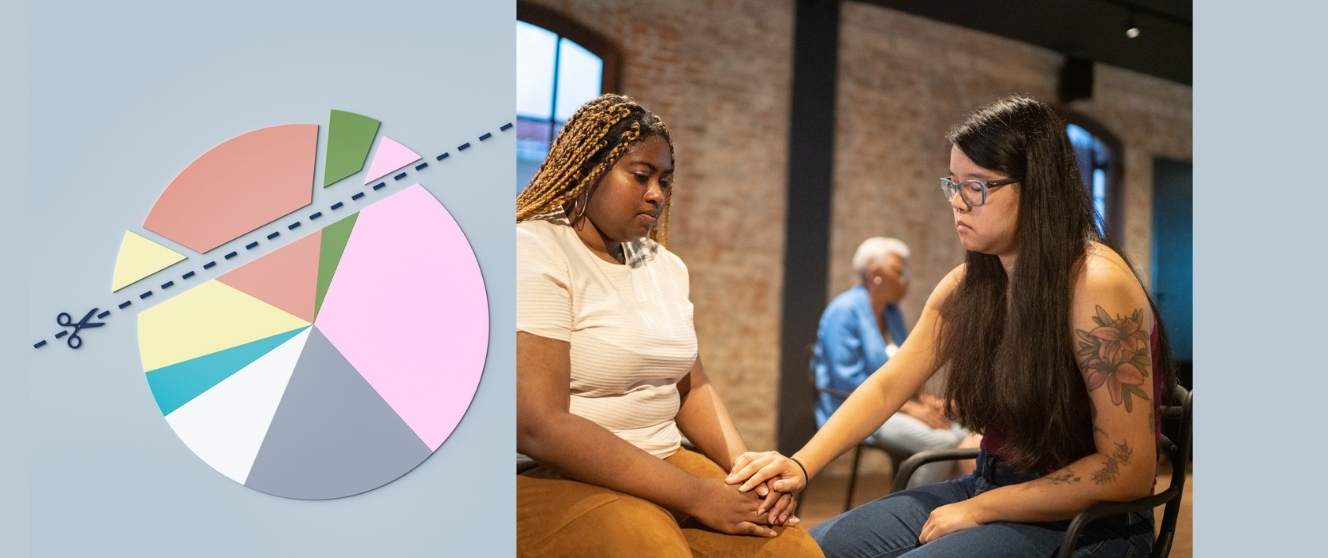
FOR IMMEDIATE RELEASE
Press Contacts:
Chris Danielsen, NFB, Director of Public Relations
410-659-9314, ext. 2330
410)-262-1281 (Cell)
cdanielsen@nfb.org
Silvia Yee, DREDF Senior Staff Attorney
syee@dredf.org, 510-644-2555
National Federation of the Blind and Disability Advocates Charge Federal Health Agency With Civil Rights Violations
After 40 years of the federal Rehabilitation Act and a new world of technology, blind people still forced to rely on others to read inaccessible materials
(Springfield, MA, February 10, 2016): The National Federation of the Blind (NFB) and individual plaintiffs Juan Figueroa, Derek Manners, and Martti Mallinen announced the filing of a major federal lawsuit today in U.S. District Court, District of Massachusetts, Western Division. The lawsuit charges the US Department of Health and Human Services (HHS) through its sub-agency, the Centers for Medicare and Medicaid Services (CMS), and its CMS sub-contractors, with systemically violating the civil rights of blind Medicare recipients.
The action seeks to require HHS to provide blind individuals meaningful and equally effective access to their Medicare information, as required by Section 504 of the Rehabilitation Act of 1973, 29 U.S.C. § 794 (Section 504). CMS, a sub-agency of HHS, is the largest single payer for health care in the United States, providing health care coverage to nearly 90 million Americans through Medicare, Medicaid, and the State Children’s Health Insurance Program.
CMS regularly communicates information to blind persons via inaccessible print and electronic formats which they cannot read. Mr. Figueroa, Mr. Manners, Mr. Mallinen, and many other NFB members have thus faced or been at risk for loss of benefits and healthcare disruption. For example, Mr. Mallinen has received information about denial of benefits and his right to appeal said denial that he could not read, potentially adversely affecting his appeal rights.
Mark A. Riccobono, President of the National Federation of the Blind, said: “We are outraged that blind people do not have access to their personal Medicare and Medicaid information forty years after the passage of the Rehabilitation act and almost a year after CMS promised to implement a plan for equal access. Today blind people readily access information in more ways than ever before but even large print access, the simplest possible solution for those with sufficient residual vision, is not made available. This continued disregard for the privacy and civil rights of the blind is inexcusable, and blind Americans will not tolerate it.”
At a time when smart technology is presumed to be improving the lives of people with a variety of disabilities, blind Americans who rely on healthcare services provided through Medicare and Medicare contractors are forced to divulge personal and financial data to a sighted third-party when responding to CMS. Electronic and online materials may not be any more accessible than printed ones. As a result, blind Medicare beneficiaries are often unnecessarily prevented from independently reading, filling out, signing and submitting online forms.
Appropriate auxiliary aids and services for blind individuals may include providing documents in alternative formats such as Braille, large print, audio CD, and digital navigable formats supported by computers and digital talking-book players, transmitted through data CD, e-mail, or other requested media.
The filing follows an investigation launched by Disability Rights Education & Defense Fund (DREDF) to establish that there were widespread incidences of communication access barriers in CMS systems. In August 2014, in response to complaints filed with the HHS Office for Civil Rights (OCR) in 2011 and 2012 under Section 504, CMS entered into an agreement with OCR. The complaints were filed on behalf of blind Medicare beneficiaries, and those similarly situated, who were not provided with notice of their rights or with effective communication under Section 504. The agreement signed by CMS and OCR, entitled the “Commitment to Action to Resolve DREDF Section 504 Complaints” (Commitment to Action), established a timeframe within which CMS would take specified actions to ensure the agency’s compliance with Section 504 in the areas raised in OCR’s investigation of the complaints.
DREDF Senior Attorney, Silvia Yee, said, “CMS was required to complete a ‘Long-Term Action Plan’ by April 2015 that would ensure effective cross-disability communication access, as well as the timely provision of auxiliary aids and services to CMS beneficiaries and consumers. To date, we have not seen a Plan. People with disabilities have not been notified of any such plan. As a public entity that deals every day with people with disabilities and older Americans, CMS should lead the way to ensure compliance with disability civil rights laws, not lag behind by four decades.”
Plaintiffs are represented by DREDF; Brown, Goldstein & Levy; and Sugarman, Rogers, Barshak & Cohen (SRBC).
The National Federation of the Blind (NFB)
The National Federation of the Blind knows that blindness is not the characteristic that defines you or your future. Every day we raise the expectations of blind people, because low expectations create obstacles between blind people and our dreams. You can live the life you want; blindness is not what holds you back.
Disability Rights Education & Defense Fund (DREDF)
Founded in 1979 by people with disabilities and parents of children with disabilities, the Disability Rights Education & Defense Fund (DREDF) is a national law and policy center based in Berkeley, CA and is dedicated to protecting and advancing the civil rights of people with disabilities.

